You are a caring pet owner, meaning you want your dog to be the healthiest and happiest they can be in all parts of their life. While you may concentrate on a healthy diet and regular exercise, you must remember your dog’s dental health. These are a few, but they are essential; dogs need just as much oral care as humans to prevent bad breath, gum diseases, and tooth decay. Here, we dive into the top tips and expert advice to improve dog’s dental health in 2024.
Why Dental Health for Dogs
Protecting your dog’s dental well-being is more than having fresh breath; it also contributes to their overall health. Improper dental care can allow plaque to harden into tartar, leading to pink dental illness and, eventually, the partitionment of your choppers. Even worse, the bacteria responsible for dental disease can enter your dog’s bloodstream and damage their heart, liver & kidneys.
Expert Insight: Dr. Jan Bellows is a board-personifications of veterinary dentistry, and he asserts that ‘At three years old, nearly 80% of dogs are affected by periodontal disease.’ This is a common but serious condition, and routine dental care must keep this disease process in check.
Dog Dental Problems – Signs
How to care for your dog’s dental health and when to think before this.
Foul Odor: Although bad breath is a common side effect of “doggy breath,” severe halitosis can suggest dental issues.
Yellow or Brown Teeth: Changes in the color of teeth are a sign of excessive plaque and tartar on your teeth.
Red or Bleeding Gums: A symptom of gingivitis, the first stage before it becomes advanced gum disease.
Problems Eating: If your dog favors a side of their mouth when chewing or dropping food, it could result from tooth pain.
Drooling too much: This can be a symptom of oral pain or dental disease
If you see any of these symptoms, visiting your vet for a complete dental checkup is essential.
Ways To Improve Dog’s Dental Health
Now you know why dental health is essential and what signs you need to monitor, let us look at ways of maintaining and improving your dog’s teeth.
1. Regular Brushing
The number one way to prevent plaque and maintain good oral health in your dog is by brushing his teeth. In an ideal world, you would be able to brush your dog’s teeth daily, but realistically, even a few times per week will still make the required positive change.
Use the Correct Tools: Use a toothbrush and toothpaste designed for dogs. Dogs should not use human toothpaste because it contains fluoride, which is toxic to dogs.
Baby Steps: If your chihuahua has never gotten their teeth brushed, try the toothpaste first and slowly introduce a toothbrush. Be gentle and patient, rewarding your dog with treats & praise.
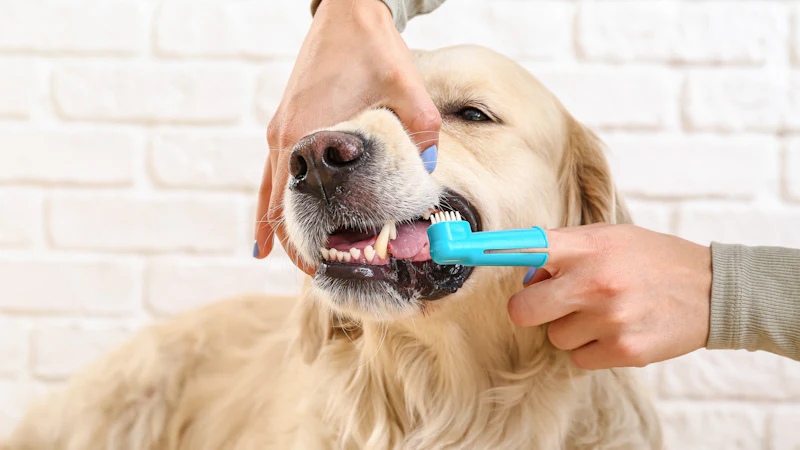
Expert Tip: To make tooth brushing as fun as possible, veterinarian “America’s Veterinarian,” Marty Becker, according to the supervisor and author of Gaylord DVM, advises ©™ says =55=, “use flavored doggy paste that your pet likes. Jordan Davies from Albert Review Service further elaborates on this point: “All routines should be adhered to as far apart as possible so the hound remains at ease. Consistency is better for acclimating your hound into it.
2. Supplements Dental Health
While you can provide dental chews and toys, the best way to effectively eliminate plaque from your pet’s teeth is through scaling or ultrasonic cleaning.
Dental chews and toys are a tax-free bonus for your dog’s oral socioeconomic distribution. They also encourage other dental health benefits while satisfying your pet’s natural chewing instincts.
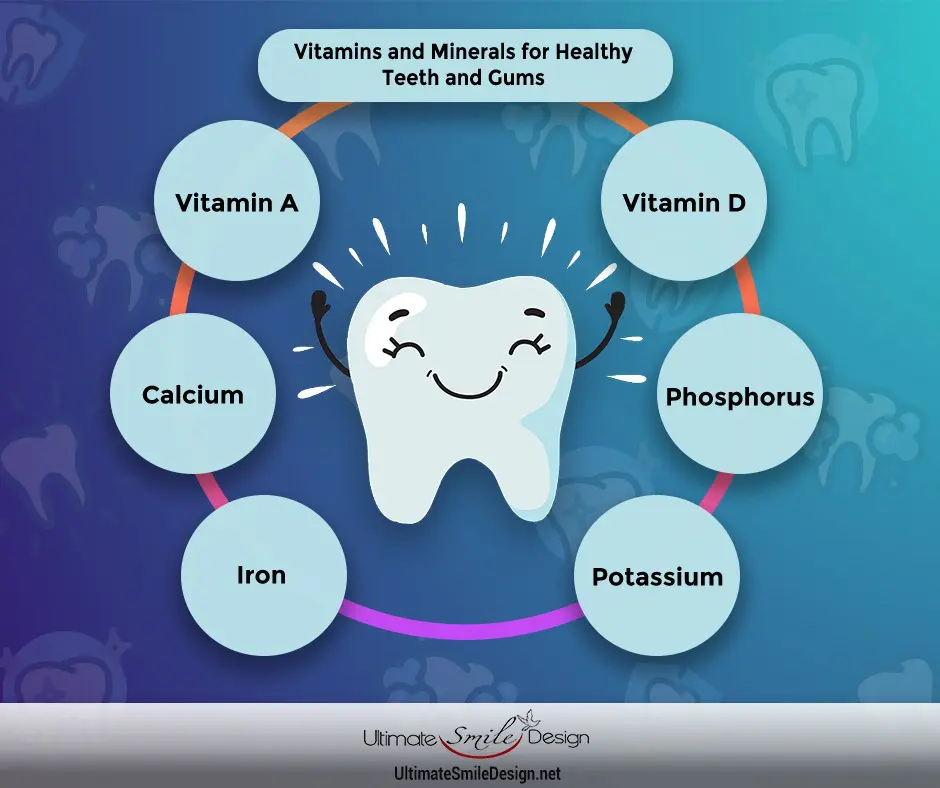
Pick for Quality: Because of it, distinguish the dental health link in a chew. A product carrying The Veterinary Oral Health Council (VOHC) seal meets the standards for reducing plaque & tartar.
CHOMPING MONITOR: Dental chews are always an excellent way to go, but watch Fido while he does – make sure nothing is swallowed or aspirated!
3. Incorporate a Dental Diet
This dog food helps explicitly the health of the teeth. The Veterinary Oral Health Council suggests that dental care diets are either denser or contain larger kibble pieces, helping clean teeth as your dog cheats.
Ask Your vet: Before making any changes, Ask your veterinarian if the diet is adequate for and appropriate for a pet’s dental health.
4. Oral rinses and water additives Name

They can also be an excellent way to reduce plaque and keep his breath fresh with some oral rinses or water additives. They are also simple to use, as all you have to do is add a few drops of these liquids into your dog’s water bowl or directly on their gums.
Vet-Approved Products: Select vet-recommended products that are appropriate for your dog.
5. Necessary Veterinary Checkups in the Interval of 3 To 6 Months.
Routine dental checkups are still necessary, even with a steadfast oral care routine at home. Your veterinarian will be able to detect the early warning signs of dental disease and provide professional cleanings that can reach deeper than at-home brushing.
Dental Examination Frequencies: More than not, many vets would encourage you to have your dog’s teeth checked at least once per year. Dogs with previous problems, however, may need to go in quarterly.
Expert Tip: According to Dr. Brook Niemiec, board-certified veterinary dentist: “Annual dental exams are essential in finding and treating dental disease before it evolves into advanced stages of the problem. Professional cleanings under anesthesia are often needed to keep the mouth healthy.
Conclusion
It is a balance of regular at-home care and professional veterinary support that will help improve your dog’s dental health. Include tooth brushing, dental chews, and a special diet in your dog’s care to help ward off dental disease, including regular checkups with our vets so they can live happy, healthy lives.
As mentioned earlier, early introduction and routine are critical to dental care. Following these simple strategies ensures that your dog has clean teeth and a bright smile for years.

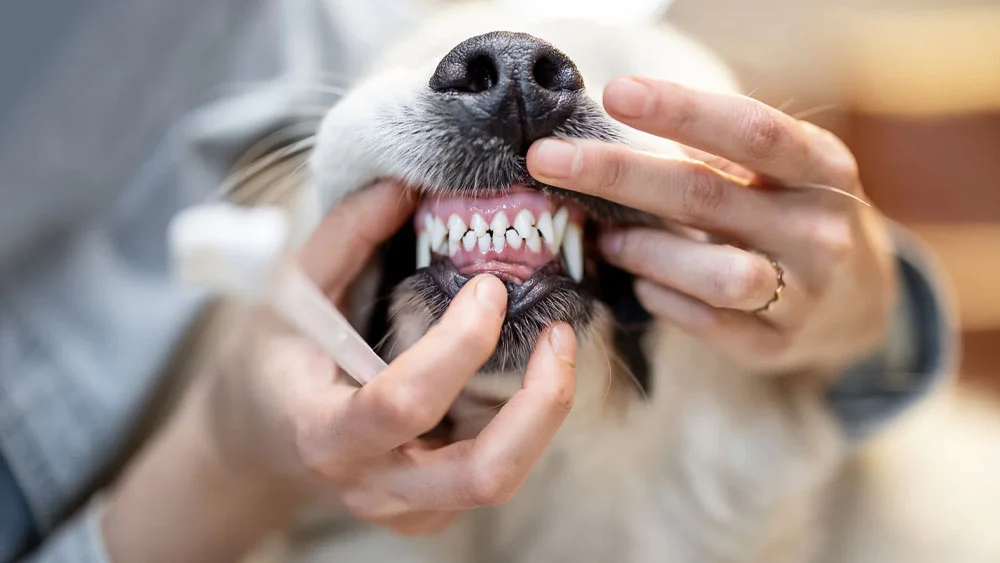
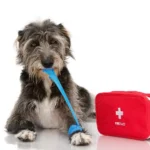
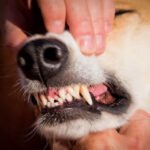

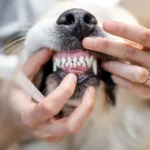
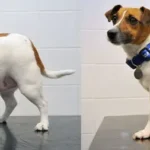
Leave a Reply